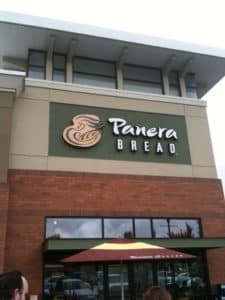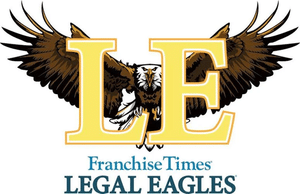Like most business disciplines, franchising has its own jargon or vocabulary. The terms “master franchise” or “sub-franchise” and “area developer” have specific technical definitions, but are often used improperly. This article will help to define a master franchise or sub-franchise and area developer and distinguish them from other forms of expanding a franchise system.
Franchise systems sell a master franchise (also known as a “sub-franchise”) in order to more rapidly expand their brand and system. Master franchising is typically the most common way brands expand internationally. In that context, a master franchise or sub-franchise may be sold to a person or entity to sell franchises on the franchisor’s behalf in another country. The master franchisee has the responsibility of recruiting, training and supporting franchisees throughout that country acting as their franchisor. This makes sense for the franchise system that is interested in expanding globally to capture local knowledge, relationships and the logistical advantages of being in country.
Understanding a Master Franchise
In the United States, many systems have used master franchising to grow domestically by carving the country into regions that may be individual states or groups of states, or even parts of largely populated states, like California. There is no formal rule on the breakdown of the geography. For example, a system may sell a master franchise for Northern California. That master franchisee would be responsible for selling, training and supporting the franchisees in Northern California and would typically receive a percentage of any franchise fees and royalties paid under the franchise agreement by the franchisees.
The Advantages & Disadvantages
The advantages to this method of expansion are quicker growth, local knowledge and potentially better logistical support for the franchisees. The disadvantages to this method are both the division of future cash flow to the franchisor (which will affect their overall enterprise value) and the potential of weakening brand standards, which would be upheld and enforced by multiple master franchisees instead of the single franchisor. Unless tightly controlled and monitored, this has the potential of fragmenting the brand. There are also additional administrative and legal costs in being a master franchise system, such as a separate Franchise Disclosure Document (FDD) for the master offering and the individual offering, and the master may also need their own FDD for their franchisees. This is an area where franchisors and franchisees should consult with an experienced franchise attorney to ensure the legal documents are compliant with both federal and state law.
What’s the Difference Between a Master Franchise & An Area Development Agreement?

Becoming an area developer for a territory is another means of rapid expansion and has its own concerns for both the franchisees and the franchisor. There is no perfect method of expansion, only options that should correspond with the business goals of the owner. Each method has advantages and disadvantages. If you are considering master franchising or area development as a means to grow your system or you are considering becoming a master franchisee or area developer, Spadea Lignana Franchise Attorneys would be happy to have a discussion to see how we may be able help. We have drafting, reviewed and negotiated these documents both internationally and domestically for many clients on both sides of the transaction. We look forward to talking with you.







